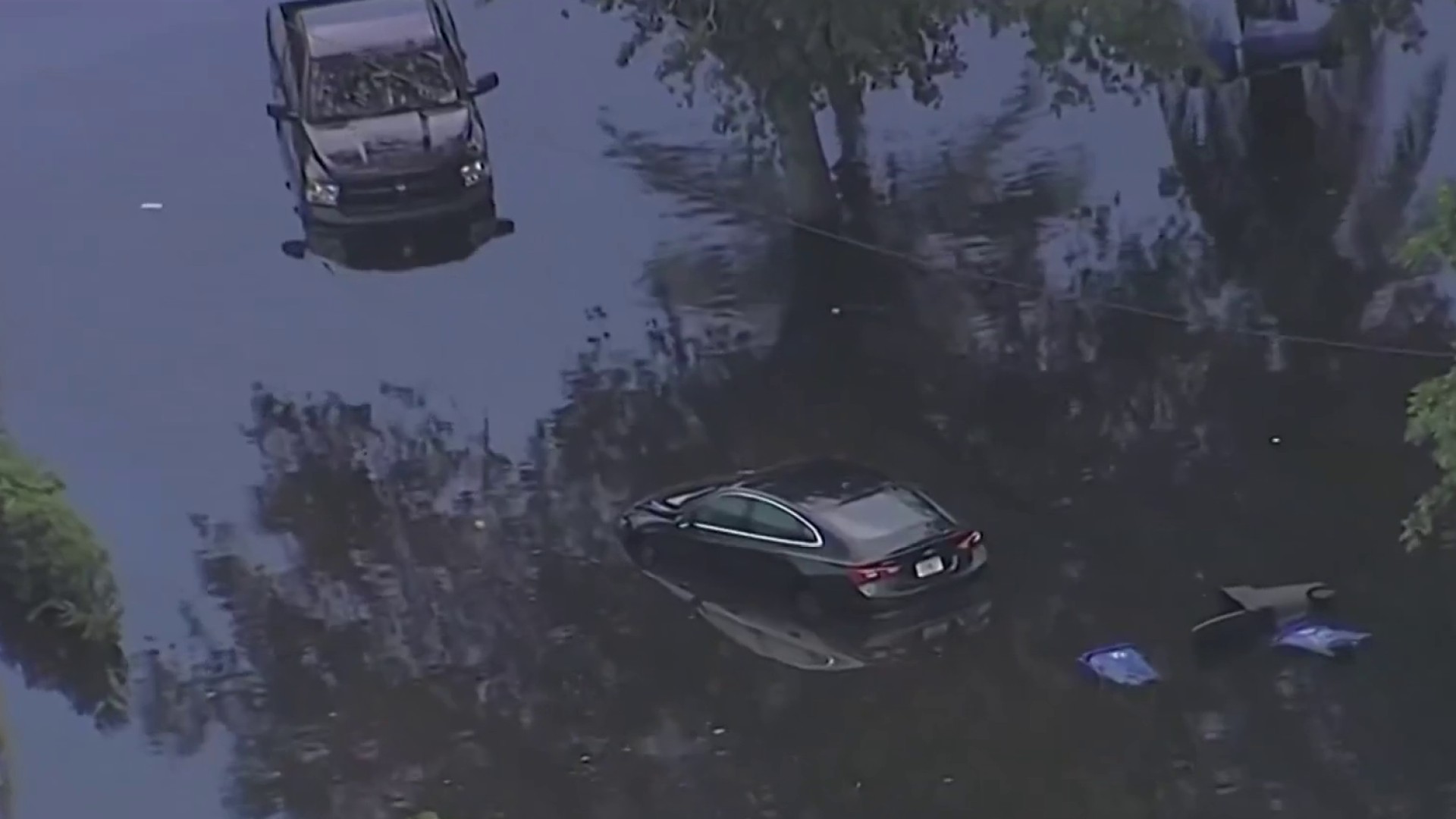The Senate passed a measure to block the Biden Administration's plan to forgive student loans. Even though the president vows to veto this decision, the plan faces an uncertain future as the Supreme Court is yet to make a decision on whether the program can proceed.
As it stands, the payment pause on federal student loans is slated to end this summer.
Following a bipartisan agreement to increase the debt ceiling, the Biden Administration also finds itself unable to extend the federal student loan payment freeze. This leaves many in South Florida, and across the country, bracing themselves for loan repayments.
Payments are scheduled to resume 60 days after June 30 and experts say it's crucial to stay on top of your financial situation.
Get South Florida local news, weather forecasts and entertainment stories to your inbox. Sign up for NBC South Florida newsletters.
"What you should be doing is logging back into your student loan account, figuring out, here's how much I owe, here's how much my monthly payment would be, and then trying to budget based on your current income,"Jacob Channel, a senior economist at LendingTree, explained.
LendingTree's data shows that the average student loan debt in Florida is a staggering $50,005, which is 14.8% higher than the national average. The total student loan debt in the state amasses to an astounding $102.3 billion, with 2,646,4000 borrowers.
This indicates a substantial number of people in the area will be navigating loan repayment unless the Supreme Court approves Biden’s student debt forgiveness plan.
Responds
Responding to every consumer complaint
"So, with that in mind, we were kind of in a little bit of a limbo right now because a lot of what happens is going to be based on what the Supreme Court does," Channel explained.
If the plan is approved, around 20 million people could see their federal student debt wiped clean. Qualifying for either $10,000 or the maximum $20,000 in loan forgiveness could still leave some borrowers with outstanding debt. However, should the plan be approved, the Department of Education has said it plans to recalculate your monthly payment based on your new balance. This could potentially reduce your monthly payments.
Channel pointed out the realities of the current economic climate.
"But the fact is, is that inflation happened, it's still happening," he said. "And as a result, people have to spend more money on the same basic goods that they rely on."
For those facing potential financial difficulties when loan repayment resumes, Channel said there are still programs that do exist to help people.
"For example, their income-driven repayment programs," he said. "There are other options of forbearance that you may qualify for. So, you really want to be as proactive as possible."
As of now, federal student loan payments are set to restart 60 days after June 30. However, if the Supreme Court rules on Biden's student debt forgiveness plan sooner, payments will restart 60 days following that decision.
If you're getting ready to start paying back your student loans, here are some important steps to follow:
- Check your outstanding balance and monthly payment: Understanding exactly how much you owe and what your monthly payment will be is essential. This information allows you to fit these payments into your budget accurately and avoid any surprises down the line.
- Identify your loan servicer: If you've never made a student loan payment before, you need to make sure you know which company is managing your loan. This company likely contacted you when your loan was first given out.
If you're unsure about who your loan servicer is, don't worry. You can easily check this information by logging into your Federal Student Aid (FSA) account or by calling the Federal Student Aid Information Center (FSAIC) at 1-800-433-3243.
Your loan servicer plays a key role in your loan repayment process. They should provide you with all the necessary information for making your first payment or for resuming repayments if you've been on a payment pause.



